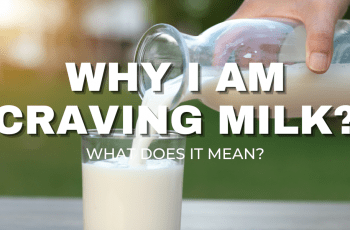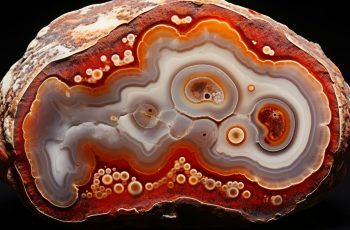Eating cheese more than three times a week protects middle-aged men against osteoporosis – but not women, according to new research.
A study of 2,600 people found men over 50 who consumed the most dairy foods had stronger spines and hips.
The best results were produced by cheese, whether eaten on its own or as part of a dish like pizza or lasagne.
No such effect was seen in females, apart from a small benefit from high consumption of cream.

A study of 2,600 people found men over 50 who consumed cheese on a pizza had stronger spines and hips. Dairy did not do the same for women, apart from a small boost from cream
Lead author Dr. Shivani Sahni, a nutrition professor at Harvard-affiliated Hebrew SeniorLife, said more research is needed to understand the gender gap since more women than men suffer from the brittle bone disease.
However, she said, identifying such clear benefits for men, at least, is some progress.
‘In the US more than 50 percent of the adults older than 50 years are estimated to have either osteoporosis or a low bone mass,’ Dr. Sahni said.
‘Dietary factors represent an important and growing area of interest, as these factors could be easily modified for optimum bone health.
‘Yet, few studies have directly compared specific types of dairy foods even though not all dairy products have a similar effect on bone health.
‘Consequently, it is important to study the individual roles of dairy products.’
The debilitating condition weakens bones increasing the risk of fracture, loss of physical function and even death.
In the first study of its kind scientists compared the diets of 1,522 men and 1,104 women from the Framingham Heart Study that has followed the health of residents in the Massachusetts town for decades.
The participants aged between 32 and 81 also underwent a special type of scan called QCT (quantitative computed tomography) that measures bone density in the lower back and hips.
QCT scans measure bone strength in 3D and are not affected by individual differences in size, which enabled Dr. Sahni’s team to address the associations in more detail than ever before.
The scans provided information on the bone geometry and density in specific areas that are key determinants of strength.
Previous studies into the effects of dairy products on bones have been carried out using simple X-ray techniques, and have mainly just focused on milk.
This time, Dr. Sahni’s team looked at all dairy intake.
High consumption of dairy was defined as more than three servings a week, while low was seen as between none and less than half.
The results were stark: men saw a boost in their bones regardless of their vitamin D levels beforehand, which tends to be a defining factor.
Having high levels of vitamin D in the bloodstream helps the intestines absorb calcium from the food you eat.
But the new study published in the Journal of Bone and Mineral Density found this was irrelevant to the effects of dairy products on men’s bone health.
The findings could lead to better care for older men – even those already diagnosed with osteoporosis.
Dr. Sahni lamented the lack of insight into bone-strengthening for women, who are four times as likely to develop the condition due to the loss estrogen after menopause.
The condition has been dubbed the silent epidemic as it develops slowly and without initial symptoms.
It is a painful and crippling disease which causes bones to become weak and brittle with age. Increasingly, it is becoming more prevalent in both sexes, but women remain the overwhelming majority.
Dr Sahni added: ‘Future studies should also consider nutrient profiles of specific dairy groups and serum vitamin D concentrations whilst researching the association with bone health.
‘Moreover, more research is needed to better understand the sex-specific differences.’
If you know someone who might like this, please click “Share!”




